Édith Piaf’s Early Life and Influences
Édith Piaf, born Édith Giovanna Gassion on December 19, 1915, in Belleville, Paris, overcame a poverty-stricken and tragic childhood to emerge as a defining voice in French music. Raised by her grandmother in a brothel, Piaf’s early exposure to the harsh realities of life did not dampen her innate love for music. Singing on Parisian streets from a young age, she found solace and expression in her music.
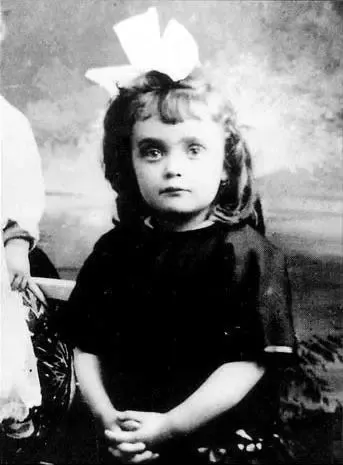
Her unique talent blossomed during a hospitalization at 15, where she overcame temporary blindness and honed her vocal skills. Discovered in her youth by club owner Louis Leplée, who also gave her the iconic stage name “Édith Piaf,” she quickly rose to fame in Parisian cabarets. Piaf’s style, a fusion of chanson, cabaret, and American jazz, captivated audiences with its emotional depth and intensity.
Despite personal hardships, Piaf’s dedication to her craft and her resonating voice brought her international acclaim. Her compelling performances and authentic connection with her audience cemented her legacy as a timeless artist, whose influence and appeal endure globally.
Édith Piaf’s Rise to Fame
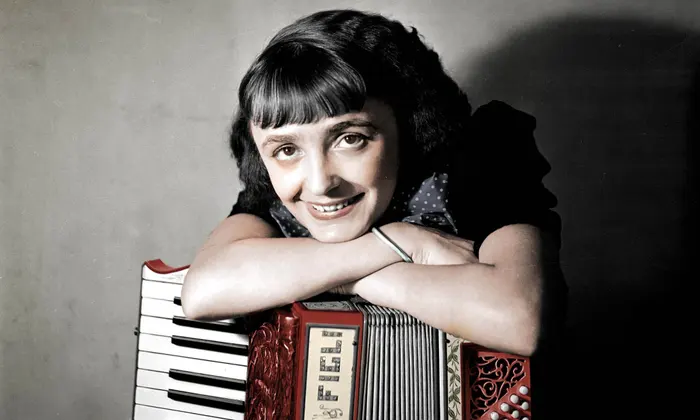
Édith Piaf’s rise to fame is a captivating tale of resilience, talent, and the indomitable spirit of a woman who would become one of France’s most beloved singers. Born into poverty in Paris, Édith Piaf’s journey from singing on the streets to international stardom is nothing short of remarkable. Her distinctive voice and emotional depth quickly garnered attention, leading to her discovery and subsequent rise in the French music scene. Piaf’s ability to convey the complexities of love, sorrow, and joy through her music resonated deeply with audiences, making her a household name in France and beyond.
As Édith Piaf’s fame grew, so did the interest in her tumultuous life, leading to several movies about Édith Piaf that aimed to capture the essence of her extraordinary existence. The most notable of these is “La Vie en Rose,” a movie that beautifully portrays Piaf’s life from her challenging beginnings to her rise as an international icon. This Edith Piaf movie, along with others, has played a significant role in immortalizing her legacy, introducing her story and music to new generations. The portrayal of Piaf in cinema has not only celebrated her musical achievements but also highlighted her resilience in the face of personal and professional challenges.
Moreover, Édith Piaf’s impact on the music industry is evident in the continued popularity of her vinyl records. Collectors and music enthusiasts around the world treasure Edith Piaf vinyl records, which capture the raw emotion and powerful vocals that made her a legend. These records serve as a tangible connection to Piaf’s legacy, allowing fans to experience the depth of her music in its most authentic form.
Édith Piaf remains an emblem of French culture, her music a timeless expression of the human experience. Her rise to fame, immortalized through movies and cherished through her vinyl records, continues to inspire and move people across the globe. Piaf’s life and career are a testament to the power of music to transcend barriers and touch the hearts of people from all walks of life.
Exploring the Life and Legacy of Édith Piaf Through Film: A Comprehensive Guide
- La Vie en Rose (2007) – Perhaps the most famous movie about Édith Piaf, starring Marion Cotillard in an Oscar-winning performance. This biopic beautifully captures the singer’s tumultuous life, from her early years of poverty to her rise as one of France’s most beloved performers.
- Piaf: Her Story, Her Songs (2003) – A documentary that combines Piaf’s story with performances of her songs by various artists, offering a unique insight into her life and music.
- Édith Piaf: A Passionate Life (2003) – This documentary delves into Piaf’s life, featuring rare archival footage and interviews with those who were close to her, providing a comprehensive look at her career and personal struggles.
- Édith et Marcel (1983) – Focusing on the relationship between Piaf and French boxer Marcel Cerdan, this film explores the depth of their love and the tragedy that ultimately separates them.
- La Môme Piaf (1974) – An earlier biopic that offers another perspective on Piaf’s life, highlighting her rise to fame and the challenges she faced along the way.
The Iconic Voice of Édith Piaf
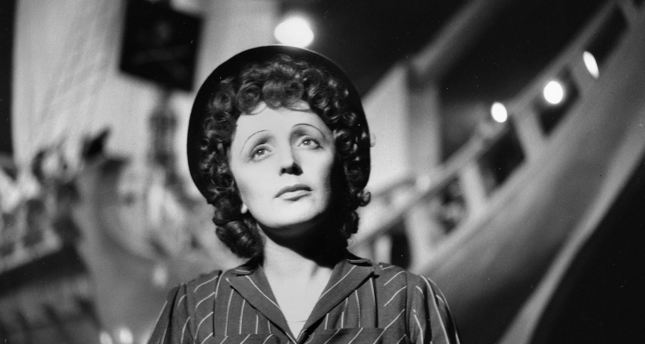
Édith Piaf, fondly known as ‘The Little Sparrow,’ is celebrated as a monumental figure in French music. Her voice, known for its compelling mix of strength and sensitivity, has an enduring appeal. Piaf’s unique vocal style, marked by a raw, raspy quality, distinguished her from her contemporaries and deeply resonated with audiences globally.
Piaf’s vocal mastery was evident in her ability to navigate the complexities of emotion in her music, from intense power to subtle nuances. This range was a direct reflection of her life’s many trials, lending authenticity to her performances. Her innate ability to connect emotionally with her audience set her apart, making her performances not just hearings but heartfelt experiences.
Her legacy is immortalized through classics like “La Vie en Rose” and “Non, Je Ne Regrette Rien,” showcasing her versatility and emotional depth. These songs, enriched by her life experiences and vocal uniqueness, continue to inspire and move people across the world.
Édith Piaf’s remarkable vocal legacy continues to echo through the music world. Her distinct style and emotive depth have profoundly influenced musicians across generations. Her ability to capture and convey deep emotions in her performances established a lasting impact on the industry. Piaf’s enduring voice stands as a testament to her artistry and the transformative power of music, continuing to inspire and mesmerize listeners and artists alike.
Édith Piaf’s Most Notable Songs and Performances
Édith Piaf, the iconic French chanteuse, captivated the world with her emotionally resonant performances and her powerful, distinctive voice. Her career was studded with songs that not only defined her as an artist but also left a lasting impression on the music industry.
‘La Vie en Rose,’ released in 1946, is perhaps her most celebrated song. It encapsulates Piaf’s extraordinary ability to imbue lyrics with deep emotion, creating a truly immersive listening experience. The song’s poignant lyrics, coupled with Piaf’s unique vocal style, have made it an enduring classic, beloved by audiences worldwide.
Another hallmark of Piaf’s career is the powerful anthem ‘Non, Je Ne Regrette Rien’ (1960). This song, meaning ‘No, I Regret Nothing,’ is a bold declaration of resilience and self-acceptance. It reflects Piaf’s indomitable spirit and her ability to rise above life’s challenges, resonating deeply with those who seek strength in adversity.
‘Milord,’ another significant song in her repertoire, showcases Piaf’s ability to tell a story through music. The song, a narrative about a young woman’s infatuation with a wealthy Englishman, highlights Piaf’s skill in conveying complex emotions like longing and vulnerability.
Piaf’s collaborations further demonstrated her versatility as an artist. Her duet with Charles Aznavour on ‘Plus Bleu Que Tes Yeux’ is a moving ballad that beautifully captures the chemistry between the two singers. Their harmonious blending of voices creates a memorable and emotive musical experience.
Her partnership with Theo Sarapo, who later became her husband, is also notable. Their song ‘À Quoi Ça Sert l’Amour?’ explores the intricacies of love and relationships. This collaboration added a new layer to Piaf’s musical expression and was met with critical acclaim.
Beyond her singing career, Piaf’s talents extended to the film industry. Her performance in the film ‘La Vie en Rose’ (1947) brought her charismatic presence and emotional depth to a broader audience, reinforcing her status as a multifaceted artist and a cultural icon.
These songs and performances represent only a portion of Édith Piaf’s remarkable career. Her ability to connect with her audience through her voice and emotional depth was unparalleled. Her musical legacy, marked by these and many other unforgettable performances, continues to inspire artists and enchant listeners, serving as a testament to the enduring power and beauty of music.
Édith Piaf’s Personal Life and Relationships

Édith Piaf, one of the most celebrated figures in French music, led a life as dramatic and intense as her songs. Born into a challenging environment, she found escape and expression in music. Piaf’s personal life was a whirlwind of high-profile relationships, each adding to her enigmatic persona.
Her love affair with Marcel Cerdan, a French boxer, was a defining relationship, ending tragically with his untimely death, which deeply affected her. Piaf’s marriages, first to Jacques Pills and then to Théo Sarapo, were marked by passion and turbulence.
Despite her turbulent personal life, Piaf’s music remained a true reflection of her inner world. Her ability to channel her experiences of love, loss, and longing into her performances resonated deeply with her audience, enhancing her authenticity as an artist.
Piaf’s struggle with health issues and addiction further colored her life and performances, adding a poignant layer to her songs. Her enduring legacy, as a passionate and tormented artist, stands as a reminder of her extraordinary ability to transform personal pain into compelling art.
Édith Piaf’s life story, interwoven with her career, continues to fascinate and inspire, highlighting the profound impact of her music and the timeless nature of her emotional expression.
Édith Piaf’s Impact on French Culture and Music
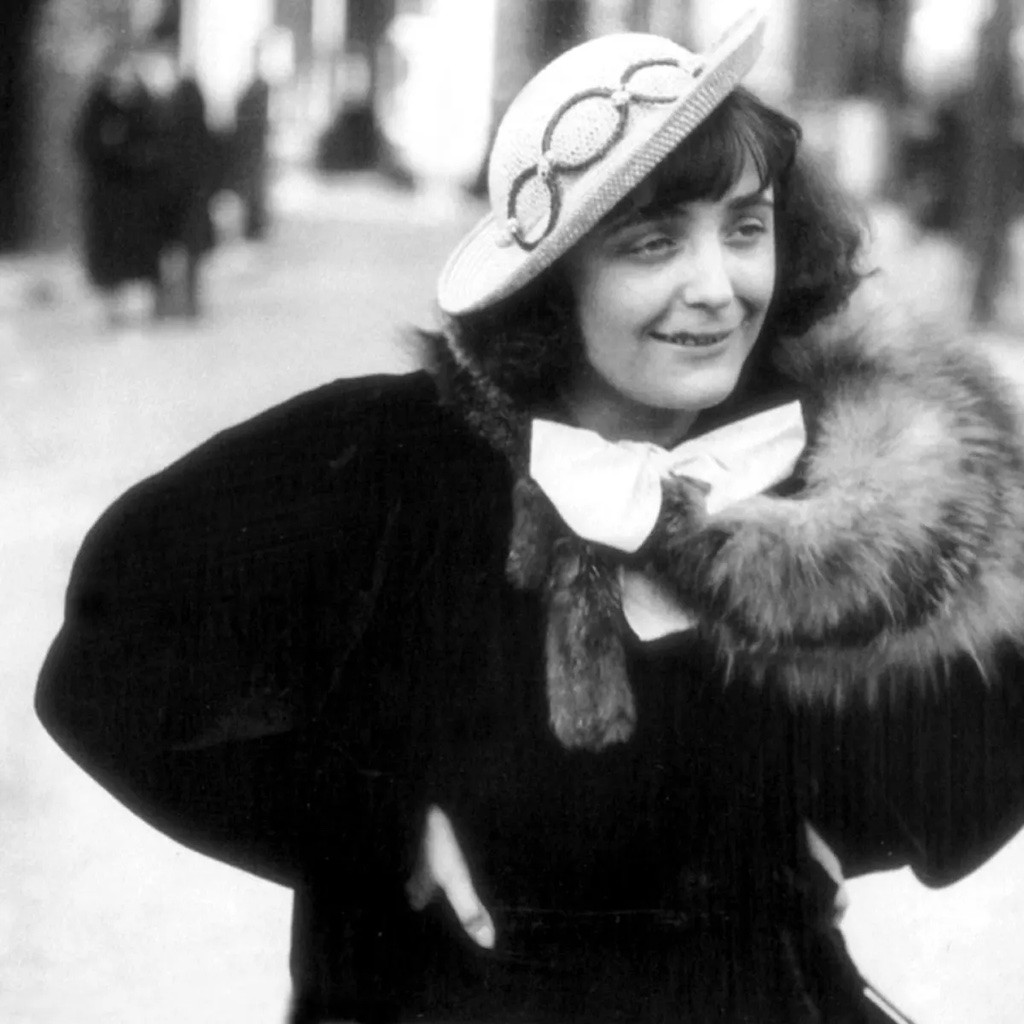
Édith Piaf’s legacy as a French musical icon is as powerful as her voice. Her songs, echoing the joys and pains of life, have deeply touched people worldwide. Piaf’s ability to blend raw emotion with theatrical flair made her performances unforgettable.
She became more than a singer; she was a beacon of hope and resilience, especially in post-war France. Her music, providing solace in tough times, connected deeply with her audience, inspiring resilience and strength.
Piaf’s influence transcends time. Her emotive style has inspired countless artists, and her music, especially hits like ‘La Vie en Rose,’ continues to enchant listeners globally. Piaf’s story, a tale of overcoming adversity, resonates strongly, celebrating the resilience of the human spirit.
Édith Piaf, more than just a singer, remains an enduring symbol of French culture and artistic brilliance. Her music, her story, and her spirit continue to inspire and move people, ensuring her place as an everlasting icon in music history.
Edith Piaf: Echoes of France’s Soul in Her Timeless Songs
Dive into the heart of French music with the iconic Edith Piaf songs that have captivated the world. From the soul-stirring “La Vie en Rose” to the powerful “Non, Je Ne Regrette Rien,” each Edith Piaf song is a testament to her enduring legacy and the spirit of France. Explore the famous Edith Piaf songs that continue to resonate across generations and discover the essence of Edith Piaf’s France. Experience her timeless music today on Spotify:
Playlist on Spotify
Legacy and Remembering Édith Piaf
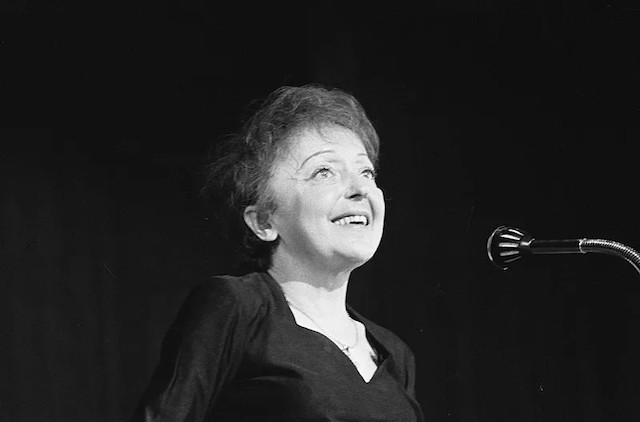
Édith Piaf’s legacy in the world of music and beyond is as profound as her voice was powerful. Born into humble beginnings, Piaf’s journey to becoming ‘The Little Sparrow,’ a symbol of resilience and passion, continues to inspire. Her unique voice, capable of capturing a spectrum of human emotions, broke through cultural and linguistic barriers, resonating deeply with a global audience.
Piaf’s music, especially songs like ‘La Vie en Rose’ and ‘Non, Je Ne Regrette Rien,’ encapsulate her ability to translate life’s complexities into art. Her performances, filled with raw intensity and vulnerability, reflected her personal struggles and triumphs, contributing to her authentic connection with listeners.
Decades after her passing, Piaf remains an icon, not just in French music but worldwide. Her legacy endures through her timeless songs, which continue to evoke emotion and nostalgia. Piaf’s influence extends to contemporary artists, who draw inspiration from her passion and commitment to her craft.
Remembering Édith Piaf is to celebrate the enduring power of music to transcend time and place. Her story, marked by both hardship and triumph, serves as a testament to the human spirit’s capacity for resilience and expression. As we reflect on her life and art, Piaf’s songs stand as enduring reminders of her extraordinary talent and the impact she made on music and culture.
Édith Piaf’s journey from the shadowy lanes of Paris to the limelight of world stages is a narrative of remarkable resilience and unparalleled talent. Her life, echoing the poignancy of her songs, was a blend of intense sorrow and spectacular triumphs. Born into adversity, Piaf channeled her experiences into a voice that resonated with raw emotion, touching souls across the globe.
Her music, a mirror to her life, was filled with the themes of love, loss, and hope. As a symbol of French resilience, especially during the trying times of World War II, Piaf’s songs provided comfort and inspiration to many. Her unyielding spirit in the face of personal struggles, including health issues and addiction, only augmented her legacy as a fearless and passionate artist.
Today, Piaf remains a towering figure in the music industry. Her songs, transcending time and cultural barriers, continue to move new generations. Her unique voice, her deeply emotive performances, and her dramatic life story continue to captivate and inspire. Édith Piaf, in her unwavering authenticity and artistic brilliance, forever remains not just a celebrated singer, but a beacon of the enduring power of the human spirit in art. Her legacy is a reminder that from the depths of hardship can rise timeless beauty and inspiration.
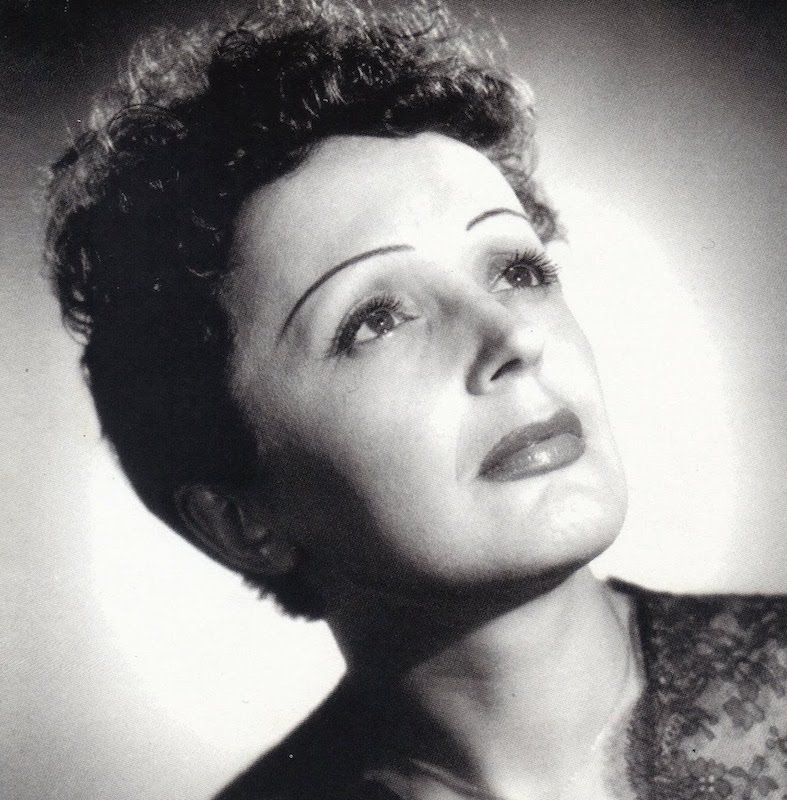

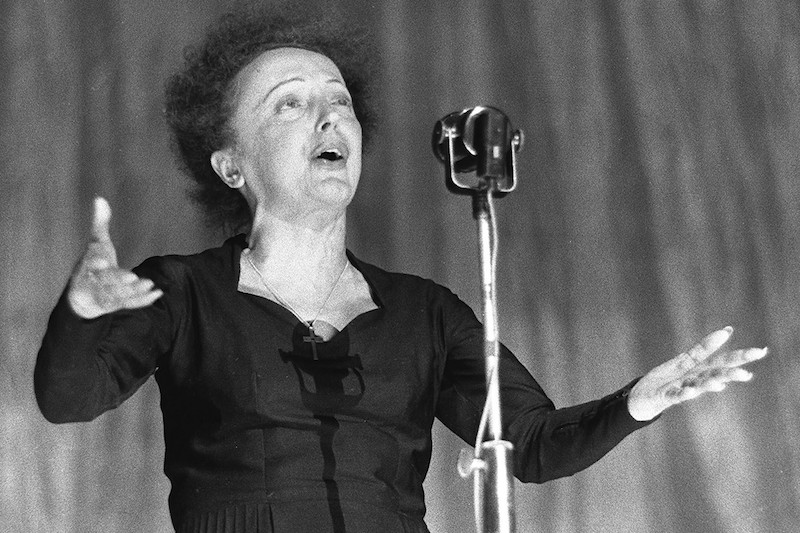
Pingback: Homepage